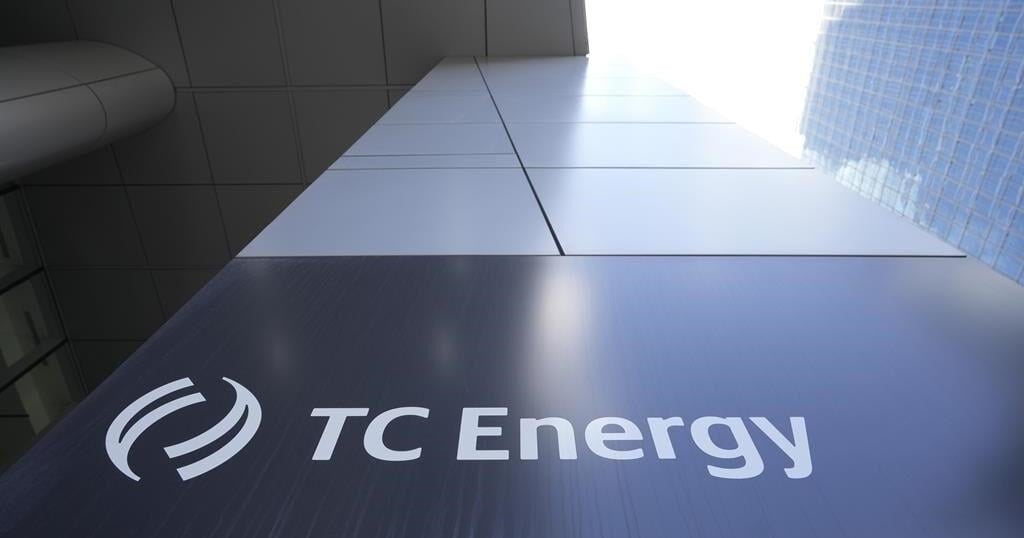CALGARY – TC Energy Corp. is eyeing the rapid proliferation of data centres in North America as a business opportunity.
The Calgary-based pipeline company said Thursday it is uniquely poised to capitalize on the rapid expansion of electricity-hungry data centres, which are being built by companies like Microsoft, Google, and Amazon to power the AI revolution.
Executive vice-president and chief operating officer Stan Chapman told analysts on a conference call that of the more than 300 data centres currently under construction or proposed in the U.S., more than 60 per cent are located within 80 km of TC Energy’s existing natural gas pipeline system.
“We’re seeing a shift in site preferences (for data centres) from regions where big telecom infrastructure is in place to regions where energy and supply infrastructure is in place,” Chapman said, adding a growing number of data centre operators are interested in building and owning their own on-site power generating capacity to address their high electricity needs.
There is great potential for these operators to tie into TC Energy’s natural gas pipeline system, not just in the U.S. but also in Mexico and Canada, he said.
“Our best-in-class footprint doesn’t limit the opportunity set just to the U.S.,” Chapman added.
“In Canada, there’s around 300 data centre operations today. We could see that (power demand) load increasing by one to two gigawatts before the end of the decade.”
TC Energy, which reported a net income of $963 million in the second quarter, up from $250 million in the same quarter last year, is bullish about the future of natural gas.
Demand for the commodity is expected to grow, said CEO François Poirier, thanks to the growth of the liquefied natural gas (LNG) industry across North America, as well as increased power demands to support wide-scale electrification, coal-fired retirements and emerging energy needs.
“Never have I seen such strong prospects for North American natural gas demand growth,” Poirier said.
“We are seeing natural gas demand reach record highs and this is expected to grow by nearly 40 billion cubic feet per day by 2035.”
Earlier this week, TC Energy announced it has struck a deal to sell a minority stake in its Western Canadian NGTL and Foothills natural gas transmission network to a consortium of Indigenous communities for $1 billion.
Inclusive of debt, the deal has a total enterprise value of $1.65 billion, making it Canada’s largest-ever Indigenous equity ownership agreement.
TC Energy has been seeking to sell off assets to help pay down its debt, and Poirier said Thursday additional deals could be announced soon.
“We do still have some transactions in market,” he said. “To the extent that we see attractive valuations, we may consider announcing additional transactions in the second half of 2024.”
During the second quarter, TC Energy shareholders voted in favour of the company’s proposed spinoff of its crude oil pipelines business. The plan will allow TC Energy to focus on natural gas infrastructure as well as nuclear, pumped hydro energy storage and new low-carbon energy opportunities. The spinoff company, to be called South Bow, will run the company’s crude oil pipelines, including the critical Keystone pipeline system.
Poirier said Thursday the spinoff should be completed sometime in the early fourth quarter.
TC Energy’s adjusted earnings came in at $978 million, down slightly from $981 million for the same quarter last year.
Revenues were $4.09 billion, up from $3.83 billion for the same quarter last year.
The company declared a dividend of 96 cents per common share, up from the 93 cents it declared last year.
This report by The Canadian Press was first published Aug. 1, 2024.
Companies in this story: (TSX:TRP)
